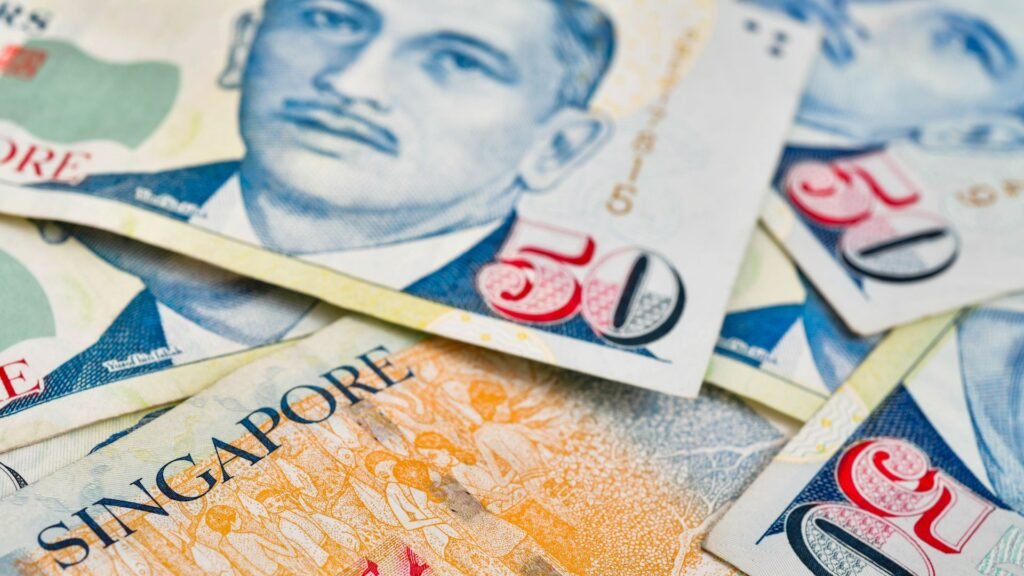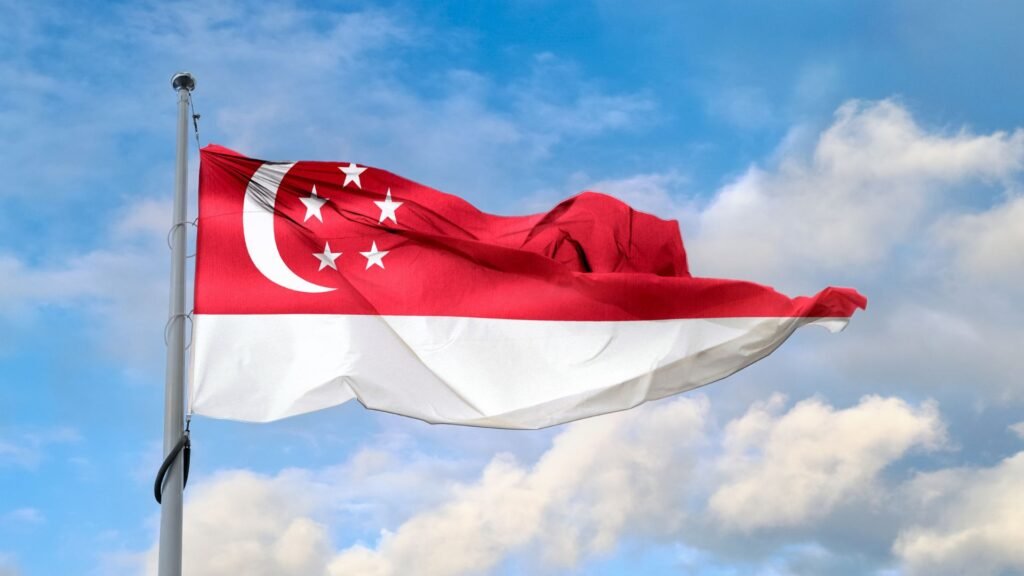The Dark Side of Singapore: Singapore is often seen as a shining example of economic success, admired around the world for its rapid growth and prosperity.
From a small island with few natural resources, Singapore has transformed into a global financial hub in just a few decades.
However, this impressive progress has another side to it, one that’s not as bright and shiny.
Let’s take closer look at Singapore’s journey to becoming an economic powerhouse and shed light on the challenges and issues that have accompanied its growth.
The Background of Singapore’s Economic Miracle
Singapore’s journey to economic success began after it became independent in 1965.
Starting with a focus on manufacturing, the government then shifted towards developing high-tech industries and a robust financial services sector.
 Source: Canva
Source: CanvaPolicies were put in place to attract foreign investment, and the country positioned itself as a stable, efficient gateway to Asia for multinational companies.
Education and infrastructure were heavily invested in, creating a skilled workforce and a world-class urban environment.
This strategic approach turned Singapore into one of the world’s most prosperous nations, known for its high standard of living and strong economy.
The Dark Side of Singapore Rapid Economic Growth
While Singapore’s economic achievements are impressive, the rapid growth has also brought about significant challenges.
The intense focus on economic performance and efficiency has led to a highly competitive society where stress and work-life imbalance are common.
 Source: Canva
Source: CanvaThe cost of living in Singapore is one of the highest in the world, making it difficult for some residents to afford housing and other basic needs.
Additionally, the reliance on foreign labor to drive economic growth has sometimes led to social tension and questions about the rights and treatment of these workers.
Environmental concerns have also emerged, with the country’s fast-paced development putting pressure on its natural resources and green spaces.
Read More: 7 Things You Can’t Actually Do in Singapore
Political and Social Control
To maintain its economic success and social order, Singapore has adopted a model of governance that includes tight political and social control.
The government has a strong hand in regulating the media, public speech, and assemblies, which some critics argue limits freedom of expression and political opposition.
While these measures have contributed to stability and a low crime rate, they’ve also sparked debates about the balance between control and individual freedoms.
The emphasis on consensus and uniformity has its advantages in terms of governance and economic planning but has raised questions about the space for diversity and dissent in Singaporean society.
Cultural and Social Sacrifices
As Singapore raced towards economic prosperity, some cultural and social sacrifices were made.
 Source: Canva
Source: CanvaThe push for modernization and urban development led to the disappearance of traditional kampongs (villages) and the erosion of some cultural heritage and community bonds.
The emphasis on English as a language of commerce and education, while contributing to the global business environment, also raised concerns about the preservation of native languages and identities.
Furthermore, the drive for success and efficiency fostered a highly competitive society, impacting social behavior and community life, where the pressure to excel from a young age has become the norm, overshadowing simpler pleasures and traditional ways of life.
Read More: How Much You Can Earn In Singapore?
The Cost of Living in a Miracle
Living in Singapore, a country known for its economic miracle, comes with a high price tag.
The cost of living here is among the highest in the world, affecting everything from housing and transportation to food and education.
While high salaries in certain sectors can offset these costs, not everyone benefits equally, leading to a widening income gap.
The pressure to maintain a certain standard of living also contributes to stress and a competitive culture.
For many, the dream of owning a home or having a comfortable lifestyle requires significant financial planning and sacrifice.
This economic disparity raises questions about the sustainability and inclusivity of Singapore’s growth model, as the benefits of the economic miracle are not felt by all residents equally.
FAQs
-
How has Singapore’s education system contributed to its economic success?
Singapore’s education system, known for its high standards and emphasis on meritocracy, has played a crucial role in its economic success by producing a skilled and disciplined workforce ready to meet the demands of a rapidly evolving economy.
-
What measures has Singapore taken to address social inequality?
Singapore has implemented various policies, such as housing subsidies, education grants, and social welfare programs, aimed at reducing social inequality and ensuring that the benefits of economic growth reach all segments of society.
-
How does Singapore manage its environmental challenges?
Despite its limited natural resources, Singapore has adopted innovative approaches to environmental management, including extensive green spaces, strict pollution controls, and investments in sustainable technologies, to balance development with environmental preservation.
-
Can foreigners buy property in Singapore?
Foreigners can buy property in Singapore, but there are restrictions. They are generally allowed to purchase condominium units without prior approval but need government approval to buy landed properties, reflecting the country’s cautious approach to foreign ownership of residential land.
Conclusion
Singapore’s transformation into an economic powerhouse is a remarkable story of vision, planning, and hard work.
However, this success story is not without its complexities. The challenges of social inequality, political control, and environmental sustainability are part of the narrative, highlighting that rapid growth can have its downsides.
Understanding these aspects provides a more nuanced view of Singapore’s development, reminding us that progress often comes with its own set of challenges to be addressed.

